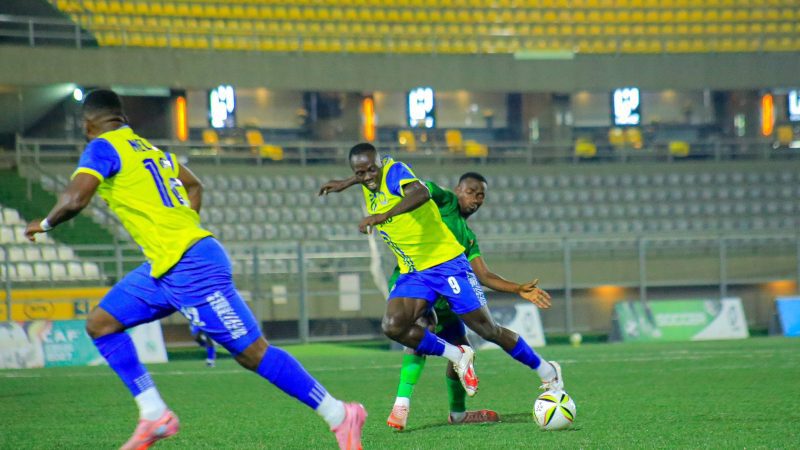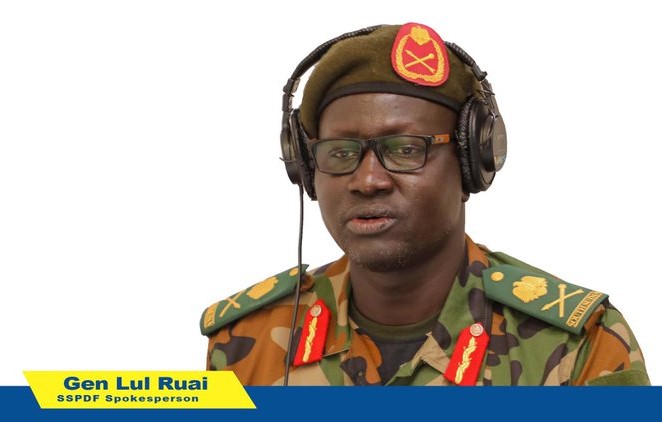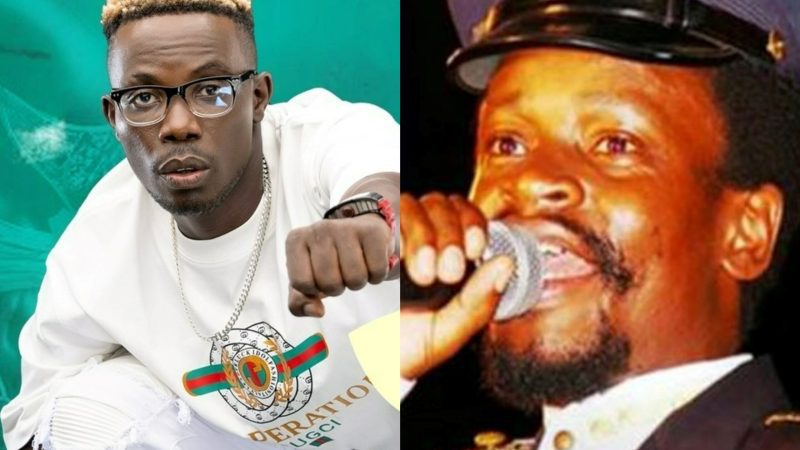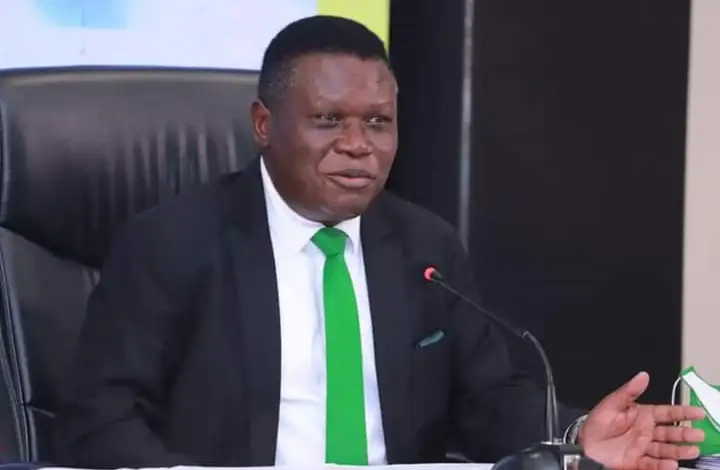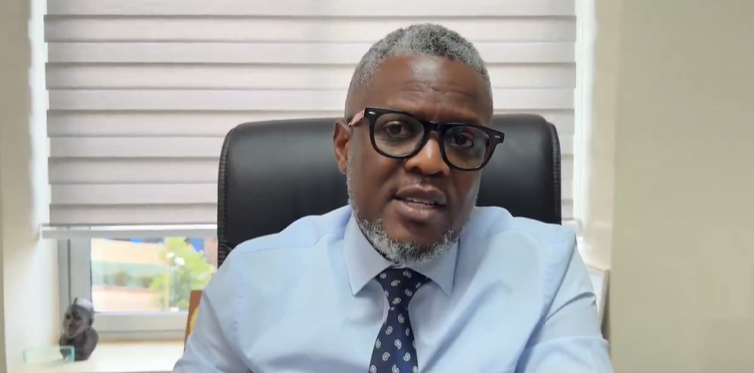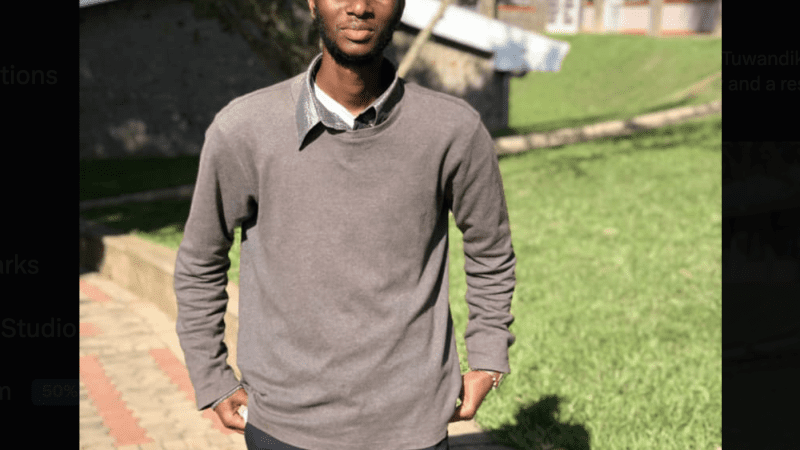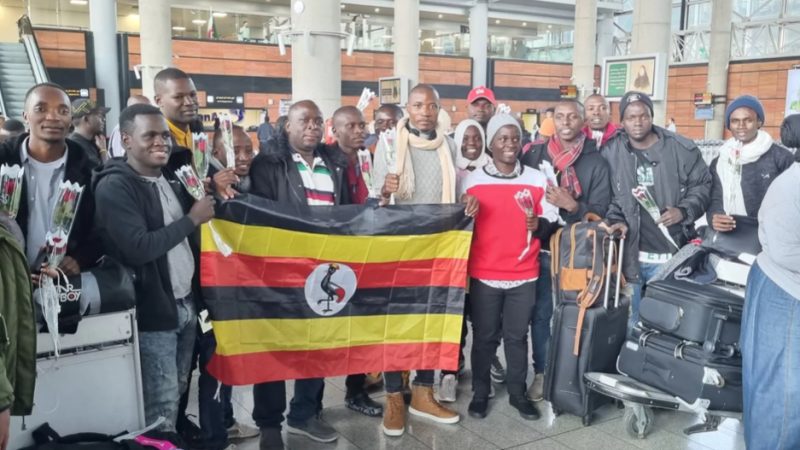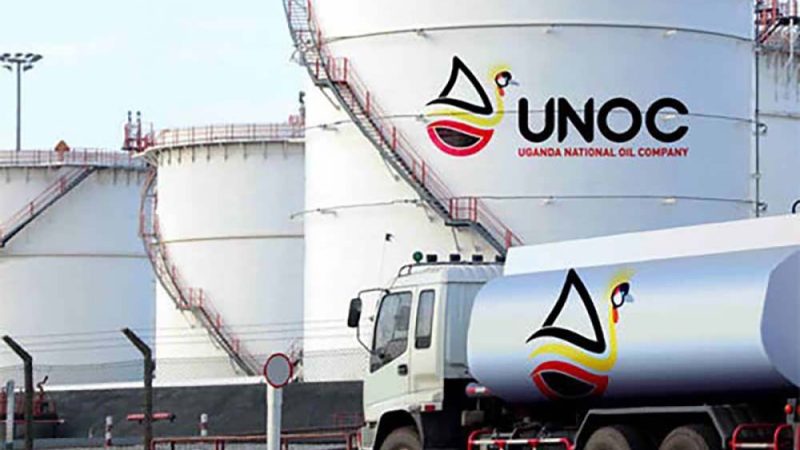The newly appointed Minister of Justice and Democratic Party (DP) President Norbert Mao has defended his decision to sign a cooperation agreement with the ruling National Resistance Movement – NRM Government, describing it as a strategic investment.
The agreement between the parties aims to achieve a ‘strong, cohesive, united and inclusive Uganda’. On Friday Mao was vetted by Parliament’s Appointments Committee.
According to Mao, the pact is an investment for the DP ahead of the anticipated peaceful presidential transition to achieve national reconciliation, fight against corruption, and an all-inclusive Uganda.
But Mary Babirye Kabanda, the Masaka District Woman MP on the DP ticket, who also doubles as the party’s Treasury observed that Mao’s move to sign an agreement with the NRM was purely his personal decision and not that of the party.
“Mao is pursuing an agenda to achieve his personal ambitions and not the party. The clauses of the agreement hinge more on his personal terms and not the party,” Kabanda told URN in a phone interview.
Adding that, “It’s not surprising though, we knew all along he was working for the NRM, and now the cat is out of the bag. He would have widely consulted the party leadership if his move was indeed in good faith.”
Another source in DP who preferred anonymity analyzed that Mao’s aspirations of going forward are only possible under the NRM. The source explained that Mao voluntarily left Parliament in 2006 at the peak of his career, and left the LCV Chairperson seat for Gulu in 2011 when he could have won another term because his focus was beyond that level.
The source also warned that Mao may be headed for gloomy days ahead because of Museveni’s renowned history of negative influences in wooing stronger opposition icons to propel NRM to deliver on its numerous fake promises. “The President is just trying to destroy the opposition so he can continue with impunity.”
But Mao dispelled the fear and accusations being levied against him. He explained that the DP Constitution requires an Executive who commits the party in any agreement to explain the decision to the national organs, arguing that it is not the first time the party has undertaken such agreements.
Mao cited ‘The Democratic Alliance – TDA Protocol, 2015’ that endorsed former Premier John Patrick Amama Mbabazi to contest against President Yoweri Kaguta Museveni as a joint flag bearer for the parties in the protocol.
But Lyandro Komakech, another DP stalwart, and former President of the Uganda Young Democrats – UYD, the youth wing of the DP, also former Gulu Municipality MP welcomed the development.’ “The deal is not illegal at all, rather it is a strategic move for the beginning of a peaceful 2026 transition,” he said.
Is history repeating itself?
Some of Mao’s predecessors have done exactly what he did to work with the Government in power. For instance, in 1986, Ssemogerere, then DP President, together with Ssebana Kizito, Sam Kutesa, and a host of others joined Tito Okello and, six months later they jumped into bed with Yoweri Museveni.
In 1964, the DP Secretary General, Basil Bataringaya joined the then ruling party, Uganda People’s Congress – UPC, together with five other DP members of Parliament who included; James Ochola (MP South East Bukedi), Stanislaus Okurut (MP South Teso), M. K. Patel (MP South Jinja), Joseph Magara (MP South West Bunyoro), and Francis Mugeni (MP South Bukedi). Again, in 1966, David Barisigara (MP Kigezi West) joined UPC.
In 1971 after Milton Obote was overthrown, the then DP President, Ben Kiwanuka, deserted DP and joined Idi Amin. In 1982, DP Chief Whip, John Magezi (Iganga North West MP) and a host of other DP MPs joined UPC including Dr. G.N Muzira (MP Jinja East), Dr. D. K. Kazungu (MP Kamuli Central), M. P. Batumbya (MP Kamuli West), D. J. K. Nabeta (MP Iganga South West) and J. K. Mpaula (MP Kamuli East)



